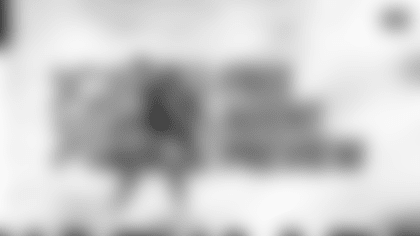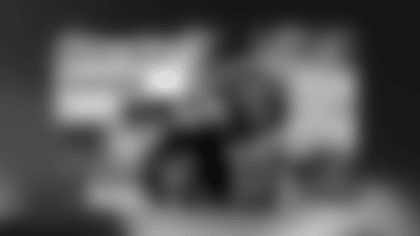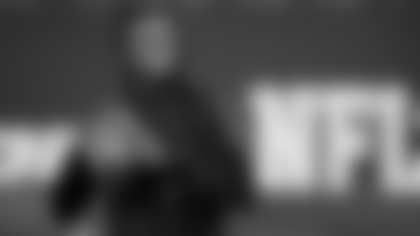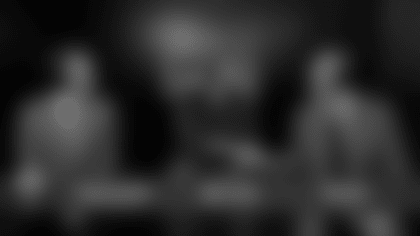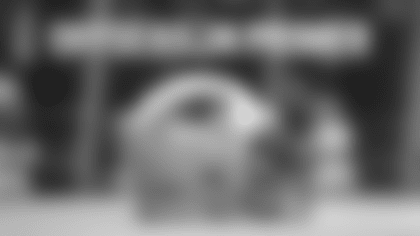The trade was inevitable, but it is still somewhat surreal.
When Drew Bledsoe signed a 10-year, $103 million contract with New England last summer, he figured to be a Patriot for the rest of his football life.
Less than a year later he is gone to the division rival Buffalo Bills – the product of Tom Brady's emergence into a Super Bowl MVP quarterback, and a strained relationship with Head Coach Bill Belichick.
Bledsoe's departure, while expected this offseason, is as difficult to believe as the Patriots amazing run to the Super Bowl XXXVI championship.
Late in the 2001 season, Belichick denied any relationship problems with Bledsoe, but the nine-year veteran was obviously miffed when Belichick announced before the Nov. 25 Saints game that Brady would remain the starter for the foreseeable future.
Bledsoe's anger was never about losing his starting job, but about not being given the chance to compete for it after returning from a Week Two chest injury that sidelined for about two months.
At that time, a clearly angry Bledsoe was asked if he was promised a chance to compete for the job upon his return, to which he responded, "That's what I was told."
According to a source, Bledsoe felt Belichick lied to him. That's where the story clouds up.
Belichick, after a Nov. 18 loss to the Rams, said he didn't want to take snaps away from Brady's preparation time as the team contended for a postseason berth.
But Bledsoe clearly felt he was denied a promised opportunity. His anger was and remains legitimate in his mind because he feels he was mistreated after eight years of solid contributions on and off the field.
But it begs the question: why would Belichick lie to Bledsoe? If you believe he indeed lied, then you believe that he purposely misled his quarterback. You believe that he told Bledsoe he would be given the opportunity to win back his job when he never intended to allow that.
That doesn't make rational sense.
Belichick was in his second season as the head coach and was 5-5 on the heels of a 5-11 first season. It seems implausible he would then choose to pick a fight with the franchise quarterback and a player greatly admired by owner Robert Kraft.
Under those circumstances, Brady's failure over the final six weeks of the season could very easily have cost Belichick his job. Would it make sense for the head coach to mislead Bledsoe with those possible repercussions? Is it ridiculous to think that Belichick simply changed his mind, that making a change at that point would disrupt the team's chemistry and that he chose to deal with the decision when it presented itself?
Give Brady and Bledsoe credit, however, because they never allowed a true quarterback controversy to develop, instead maintaining a professional working relationship amidst a winning environment.
Regardless of the circumstances, the Super Bowl championship run engineered by Brady essentially sealed Bledsoe's fate.
But as Bledsoe shuffles off to Buffalo where he will compete against Belichick and the Patriots twice a year, remember that he helped resurrect the Patriots downtrodden franchise after being selected No. 1 overall in the 1993 draft. He leaves New England as most productive quarterback in franchise history.
He provided memories and comebacks and will be missed. His departure marks the end of an era, but the beginning a new one.



